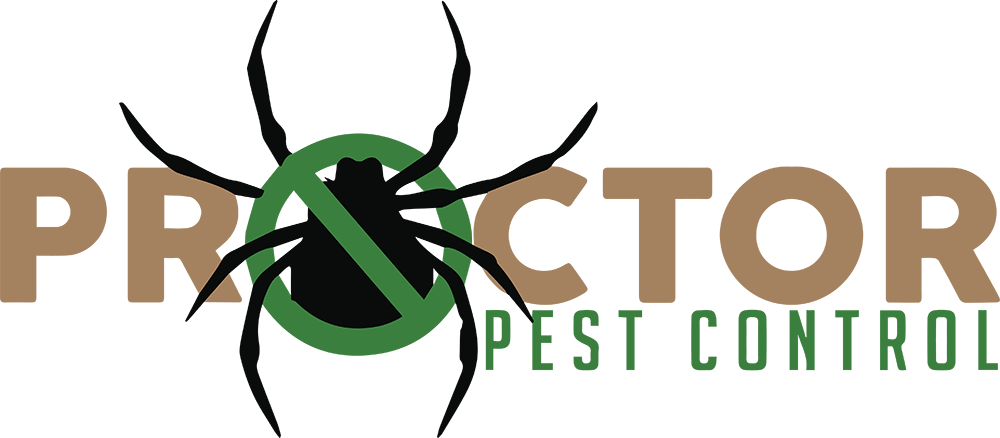
09 Sep What Do Ants Dislike the Most?
Ants are notorious for invading homes and disrupting our daily lives. These tiny pests may seem harmless, but their relentless pursuit of food and shelter can lead to significant problems. If you’re dealing with an ant infestation or simply looking to prevent one, it’s crucial to understand what ants dislike the most. At Proctor Pest Control, we’ve gathered insights on the top ant repellents that can help keep these unwanted visitors at bay.
Top Natural Ant Repellents That Ants Hate
1. Citrus and Vinegar
One of the most effective natural deterrents for ants is citrus. Ants have a strong aversion to citrus scents and flavors. Lemon juice and orange peels can be used to create a natural barrier that repels ants. Simply squeeze lemon juice around entry points or place citrus peels in areas where ants are frequently seen. The strong citrus odor disrupts ants’ scent trails, making it harder for them to navigate and find food.
Vinegar is another powerful tool in the fight against ants. Its acidic nature not only masks the scent trails ants use to communicate but also acts as a deterrent. Mix equal parts of vinegar and water in a spray bottle and apply it to ant trails, entry points, and areas where ants are active. The smell of vinegar will discourage ants from returning to those areas.
2. Cinnamon and Coffee Grounds
Cinnamon is an effective ant repellent due to its strong, spicy scent. Ants dislike the smell of cinnamon, making it an excellent option for creating barriers and deterring their presence. Sprinkle ground cinnamon along ant trails, around entry points, and in areas where ants are a problem. You can also use cinnamon sticks in areas prone to infestation.
Coffee grounds are another surprising yet effective ant repellent. The strong smell of coffee can deter ants from entering your home. Simply spread used coffee grounds around ant trails and entry points. Not only will this help repel ants, but it can also be a sustainable way to recycle used coffee grounds.
3. Essential Oils for Any Control
Essential oils are potent natural repellents that ants find unpleasant. Oils such as peppermint, eucalyptus, and tea tree oil have strong scents that can deter ants effectively. To use essential oils, mix a few drops with water in a spray bottle and apply the solution to ant trails, entry points, and areas where ants are active. You can also soak cotton balls in essential oils and place them in strategic locations around your home.
4. Borax and Sugar
For a more aggressive approach to ant control, you can use a mixture of borax and sugar. While sugar attracts ants, borax acts as a poison that ants carry back to their nests, ultimately eradicating the colony. Mix equal parts of borax and sugar and place the mixture in small containers near ant trails. The ants will be drawn to the sugar and ingest the borax, leading to a reduction in their numbers.
5. Proper Cleaning and Sealing
One of the best ways to keep ants away is to eliminate the factors that attract them. Regular cleaning and sealing of your home can go a long way in preventing ant infestations. Keep food sealed and stored properly, clean up spills and crumbs promptly, and seal any cracks or gaps around windows, doors, and foundations to prevent ants from entering your home. Understanding what ants dislike the most and using these natural and practical deterrents can help you manage and prevent ant infestations effectively. If you’re facing persistent ant problems or need professional assistance, Proctor Pest Control is here to help. Our team of experts can provide comprehensive pest control solutions tailored to your needs, ensuring your home remains ant-free. Contact us today to learn more about our services and how we can assist with your pest control needs.



